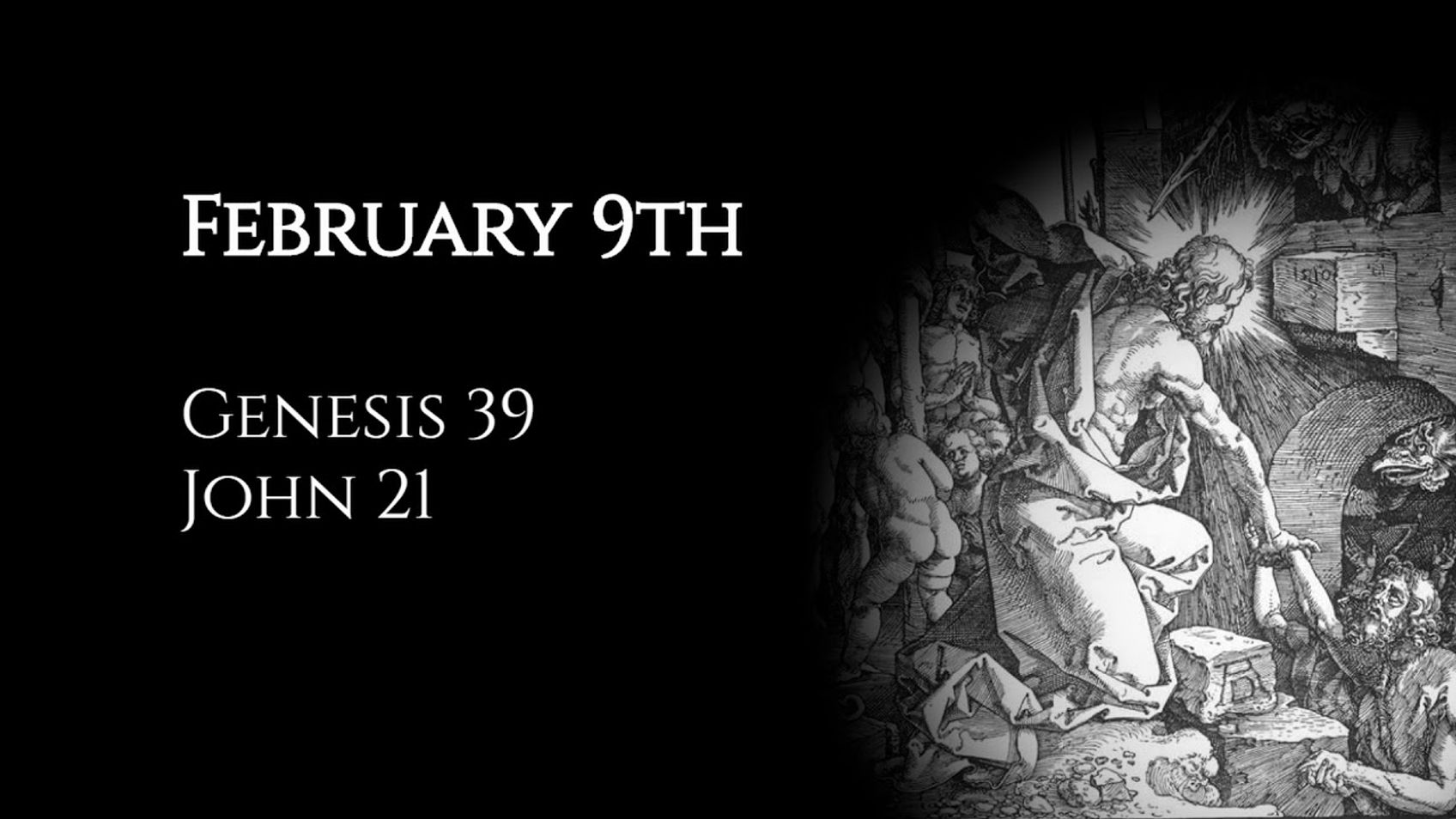February 9th: Genesis 39 & John 21

Joseph in the house of Potiphar. Jesus appears to his disciples by the sea.
Some passages referenced:
Genesis 16, 21 (Abram, Sarai, Hagar, and Ishmael)
Luke 5:1-11 (the miraculous catch of fish at the first calling of the disciples); Ezekiel 47:1-12 (waters flowing out from the temple); John 13:36-38 (Peter's earlier statements about following Jesus to death); 2 Peter 1:14 (Peter claims that Jesus told him about his coming death).
Reflections upon the readings from the ACNA Book of Common Prayer (http://bcp2019.anglicanchurch.net/).
If you have enjoyed my output, please tell your friends. If you are interested in supporting my videos and podcasts and my research more generally, please consider supporting my work on Patreon (https://www.patreon.com/zugzwanged), using my PayPal account (https://bit.ly/2RLaUcB), or by buying books for my research on Amazon (https://www.amazon.co.uk/hz/wishlist/ls/36WVSWCK4X33O?ref_=wl_share).
The audio of all of my videos is available on my Soundcloud account: https://soundcloud.com/alastairadversaria. You can also listen to the audio of these episodes on iTunes: https://itunes.apple.com/gb/podcast/alastairs-adversaria/id1416351035?mt=2.
More From Alastair Roberts
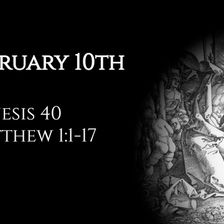
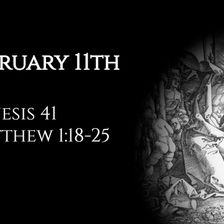
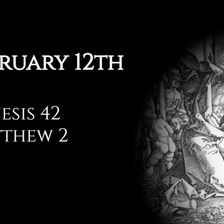
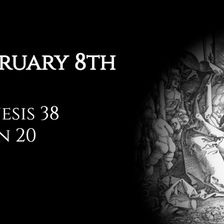
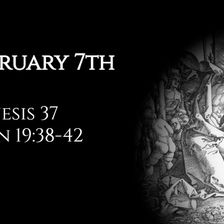
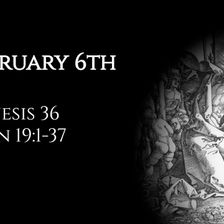
More on OpenTheo















